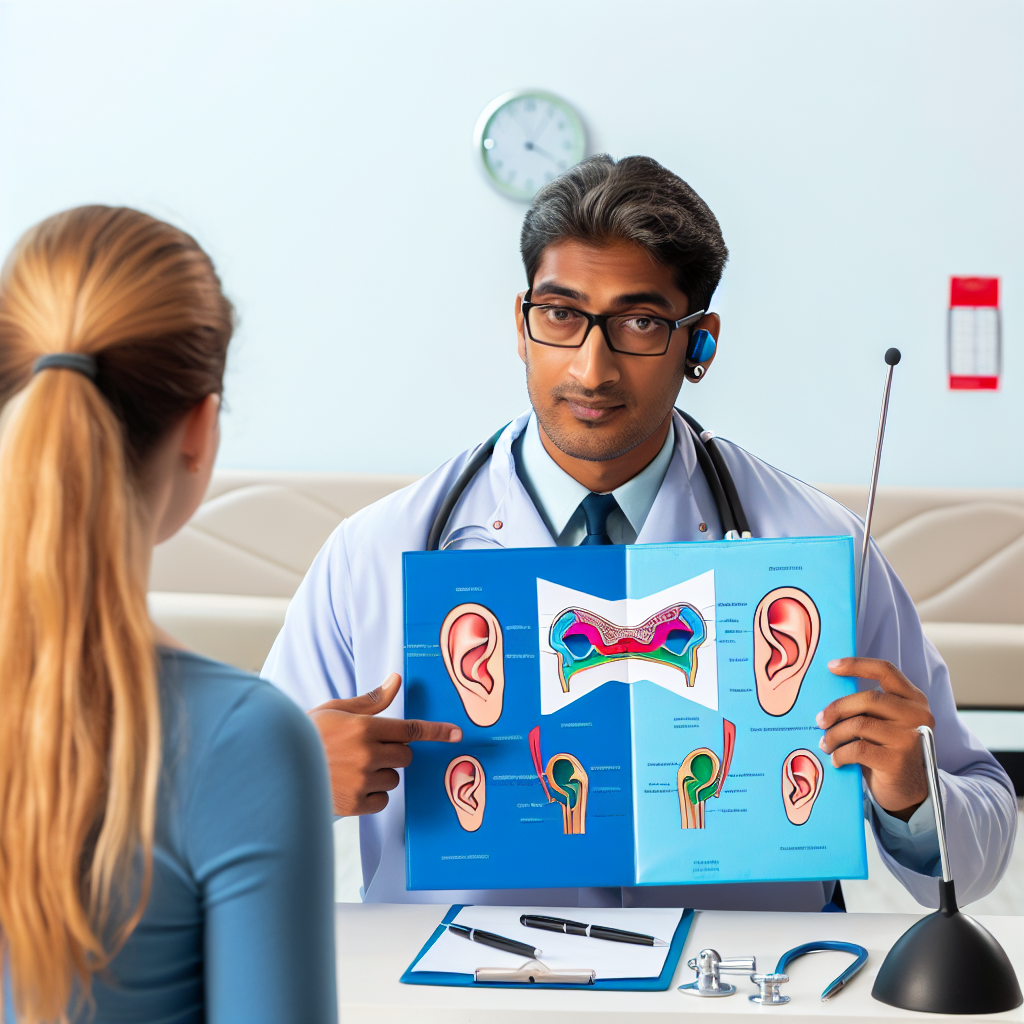
When experiencing hearing difficulties or ear-related concerns, many people wonder whether audiologists can diagnose ear problems. The short answer is yes – audiologists are highly trained healthcare professionals who specialize in diagnosing and treating hearing and balance disorders. Understanding their diagnostic capabilities can help you make informed decisions about your hearing healthcare.
What Are Audiologists Qualified to Diagnose?
Audiologists hold doctoral degrees in audiology and are licensed healthcare providers who can diagnose a wide range of ear problems and hearing disorders. Their diagnostic capabilities include:
- Hearing loss (conductive, sensorineural, and mixed)
- Tinnitus (ringing in the ears)
- Balance and vestibular disorders
- Auditory processing disorders
- Earwax impaction
- Middle ear infections and complications
- Age-related hearing loss (presbycusis)
- Noise-induced hearing damage
At calhearing.com, our experienced audiologists use state-of-the-art diagnostic equipment to identify and evaluate various hearing and ear conditions accurately.
Comprehensive Diagnostic Testing Methods
Audiologists employ various sophisticated testing methods to diagnose ear problems effectively:
- Audiometry testing – Measures hearing sensitivity across different frequencies
- Tympanometry – Evaluates middle ear function and eardrum mobility
- Otoacoustic emissions (OAEs) – Tests inner ear hair cell function
- Acoustic reflex testing – Assesses middle ear muscle responses
- Speech audiometry – Evaluates speech recognition abilities
- Balance testing – Identifies vestibular system disorders
Our comprehensive hearing testing services utilize these advanced diagnostic tools to provide accurate assessments of your hearing health.
Scope of Practice and Limitations
While audiologists can diagnose many ear problems, it’s important to understand their scope of practice. Audiologists can:
- Perform comprehensive hearing evaluations
- Diagnose hearing loss and related conditions
- Recommend appropriate treatment options
- Fit and program hearing aids
- Provide hearing rehabilitation services
- Remove earwax (in many states)
However, audiologists cannot prescribe medications or perform surgical procedures. When medical intervention is necessary, they will refer patients to an ENT (ear, nose, and throat) physician or other appropriate medical specialists.
Collaborative Care Approach
Professional audiologists work closely with other healthcare providers to ensure comprehensive care for patients with ear problems and hearing disorders. This collaborative approach may involve:
- Coordinating with ENT specialists for medical treatments
- Working with primary care physicians for overall health management
- Consulting with neurologists for complex auditory processing issues
- Partnering with speech-language pathologists for rehabilitation
This team-based approach ensures that patients receive the most appropriate and effective treatment for their specific ear problems.
Cal Hearing Services: Comprehensive Ear Problem Diagnosis and Treatment
At Cal Hearing, we provide a full range of services designed to diagnose and treat various ear problems and hearing disorders. Our expert audiologists offer:
- Hearing Testing – Comprehensive diagnostic evaluations using advanced equipment
- Hearing Aid Fitting – Professional fitting and programming of hearing devices
- Tinnitus Therapy – Specialized treatment for ringing in the ears
- Hearing Protection – Custom solutions to prevent hearing damage
- Hearing Aid Repairs – Professional maintenance and repair services
We proudly serve multiple communities throughout our region. Visit our areas we serve page to find locations near you.
When to See an Audiologist for Ear Problems
Consider scheduling an appointment with an audiologist if you experience any of the following symptoms:
- Sudden or gradual hearing loss
- Persistent ringing, buzzing, or other sounds in your ears
- Feeling of fullness or pressure in your ears
- Difficulty understanding speech, especially in noisy environments
- Balance problems or dizziness
- Ear pain accompanied by hearing changes
- Frequent asking others to repeat themselves
Early diagnosis and intervention can significantly improve treatment outcomes for many ear problems and hearing disorders.
The Importance of Professional Diagnosis
Self-diagnosis or ignoring ear problems can lead to worsening conditions and permanent hearing damage. Professional audiological evaluation provides:
- Accurate diagnosis of the specific type and degree of hearing loss
- Identification of underlying causes
- Appropriate treatment recommendations
- Monitoring of condition progression
- Prevention of further hearing damage
For additional information about hearing health and ear problems, explore our resources section and stay updated with our latest insights on our blog.
Conclusion
Audiologists are indeed qualified to diagnose ear problems and provide comprehensive hearing healthcare services. Their extensive training, advanced diagnostic tools, and collaborative approach with other healthcare professionals ensure that patients receive accurate diagnoses and appropriate treatment recommendations. If you’re experiencing any hearing difficulties or ear-related concerns, don’t wait – early intervention is key to maintaining optimal hearing health.
Ready to address your hearing concerns? Contact our experienced audiologists today to schedule your comprehensive hearing evaluation and take the first step toward better hearing health.









